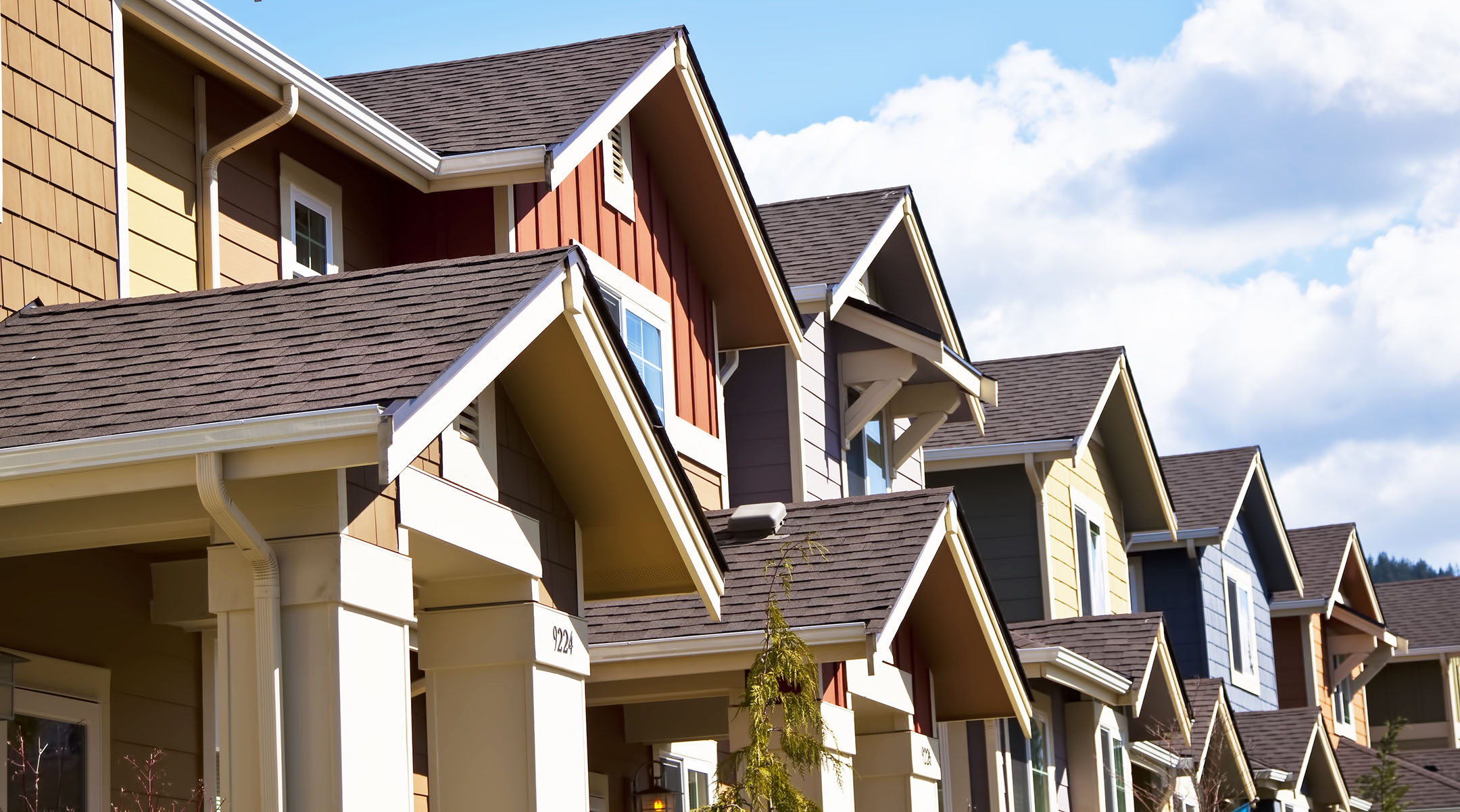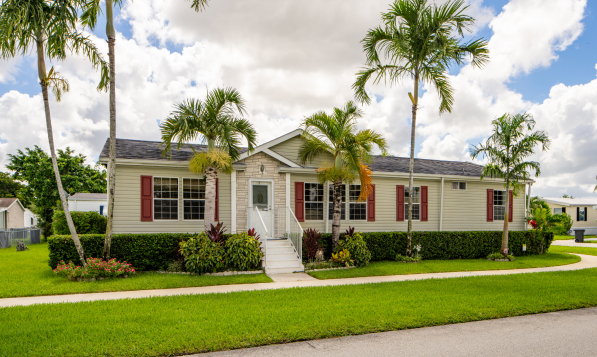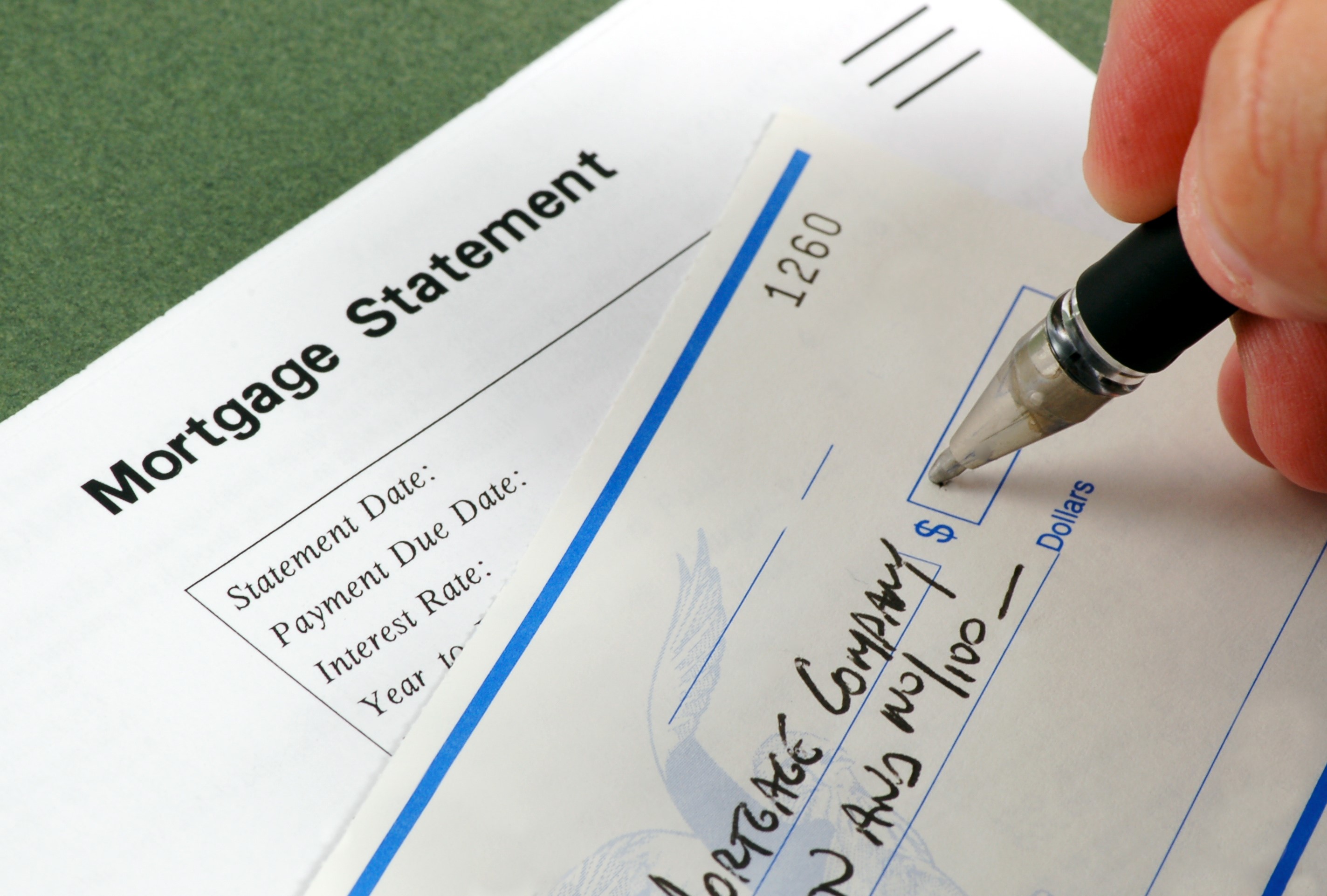Manufactured vs. Modular Homes
When it comes to residential construction, there is a wide range of housing options to suit different needs and preferences. Among these...

A condominium, commonly known as a "condo," is a type of housing where the resident owns and maintains an individual unit in a larger complex. Condos can be apartments, townhouses, or single-family homes that are part of a larger development or complex. You’ll find condos in both urban and suburban areas. A condo size ranges from small studios to large multi-bedroom units.
In a condo complex, a homeowners association (HOA) owns and manages all common areas, including hallways, elevators, and amenities. An elected team of unit owners typically makes up the HOA. They enforce all rules and regulations. Funding for the HOA comes from monthly or annual fees paid by unit owners.
Condo living has many benefits, such as shared amenities, community security and easy maintenance. Some people, however, may not like the idea of living so close to neighbors, or the rules and regulations of the HOA.
A townhouse is a type of single-family housing unit. A typical townhouse shares walls with one or more neighboring units and has multiple levels. Generally, you’ll find most of the living space on the upper levels with a parking area or garage on the lower level.
Townhouses often come in a row or group and are generally similar in design and style. In some developments, however, townhouses may be built as detached units. Detached units will on average be smaller than detached single-family homes, but larger than most condos.
In terms of ownership, a townhouse is a standalone unit owned by the resident. The resident handles the maintenance of the exterior, including the roof, siding, and yard. Townhouses may or may not have an HOA, but if they do, the responsibilities and fees are usually relatively low.
In summary, a townhouse is a type of housing usually attached to other units and shares walls. The resident handles the maintenance of the exterior, and there may or may not be an HOA. Townhouses are a type of single-family home.
The main difference between a condo and a townhouse is ownership and responsibilities of the property.
A condo owner maintains their individual unit. An HOA maintains other areas, including lawns and common areas as well as any amenities. The condo owners pay a fee to fund the HOA, which will occur monthly or annually.
A townhouse, on the other hand, is a type of housing where the resident owns and keeps the unit as well as its exterior. There may be an HOA that manages the townhouse community. If this is the case, however, they generally only care for common areas and amenities. The townhouse owner will still maintain their lawn.
In summary, a condo is an individually owned unit within a larger building or complex with shared common areas and a townhouse is a standalone unit that shares walls with other units and the owner handles the maintenance of the exterior.
Owning a condo has its benefits and drawbacks.
Pros:
Cons:
It's important to weigh the pros and cons of owning a condo before deciding. It may not be the perfect fit for everyone, but for some people, the benefits outweigh the drawbacks.
Pros:
Cons:
It's important to weigh the pros and cons of owning a townhouse before deciding. It may not be the perfect fit for everyone, but for some people, the benefits outweigh the drawbacks.
Not all condos have homeowner association (HOA) fees. Some condos are self-managed and do not have an HOA. That said, a condo with no HOA is not common. Most condos have an association in place to manage the common areas and amenities, enforce rules and regulations and ensure the maintenance and presentation of the units. In these cases, the unit owners pay HOA fees, typically billed monthly or annually.
HOA fees can vary depending on the size of the unit, the amenities offered, and the cost of caring for the property. They may cover things like maintenance of common areas, insurance, security, and management fees. You should review the HOA's budget and bylaws before buying a condo. This way you have a clear understanding of what the fees will be and what they get you.
It's also worth mentioning that HOA fees may increase over time to cover unexpected expenses or to fund the building's upgrade, so it's important to factor that into your overall budget when considering buying a condo.
Condos and townhomes are popular attached homes. Both come with their advantages and disadvantages, but the main difference is in ownership. A townhome, both the interior and exterior, belongs to the resident. A condo, on the other hand, has an HOA to take care of the exterior.
Both are great options for first-time homebuyers and those on their fifth home. If you're considering a condo or townhouse, be sure to talk to your REALTOR®. They'll be able to help you understand the specifics on both the property and the accompanying HOA.

When it comes to residential construction, there is a wide range of housing options to suit different needs and preferences. Among these...

As a first-time home buyer, there can be so many new concepts, options, and terms flying around, it can sometimes feel a bit overwhelming. And...

As a first-time home buyer, there can be so many new concepts, options, and terms flying around, it can sometimes feel a bit overwhelming. And...

A homeowners association (HOA) is an organization that makes and enforces rules for a community or neighborhood. These rules aim to help maintain...

Deciding on the right time to buy a house is a big decision. Especially if it’s your first time. It’s a decision that can be difficult to make on...

1 min read
If you’re in the market for a new home, the first question that comes to mind is, “How much mortgage can I afford?” Most people buying a new home...